Electronic Arts: The worst company in America?
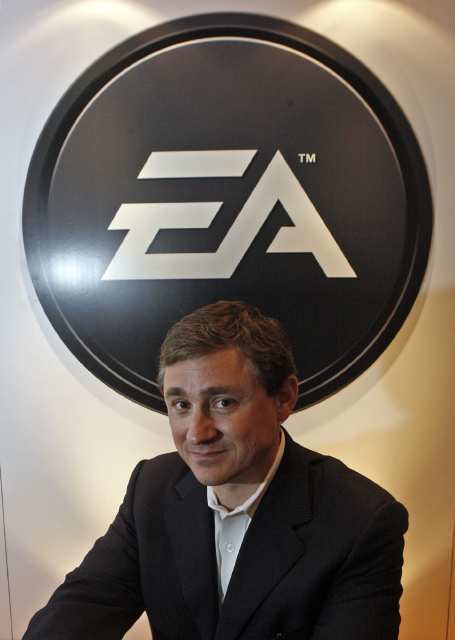
The video game maker has made a habit of sniffing out some of the best smaller video game companies, which are then acquired for their intellectual properties or to remove a competitor from the marketplace, according to Consumerist. Redwood City-based EA uses its monopoly on sports offerings, including Madden NFL, to set high prices and also charges for exclusive and add-on content in what Consumerist refers to as a ploy to squeeze more money out of already expensive games. Here, EA President Frank Gibeau. (Lawrence K. Ho / Los Angeles Times)
32 badly behaving businesses. A March Madness-style bracket. More than 250,000 votes. One “Golden Poo” award for the worst company in America. After nearly a month of voting, Consumer Reports subsidiary the Consumerist has crowned video game maker Electronic Arts, or EA, as the winner of its rakish (and popular) annual competition. Other supposed stinkers such as Google, Apple, Netflix, Sony and Spirit Airlines were knocked out in the first two rounds. Here are the rest.
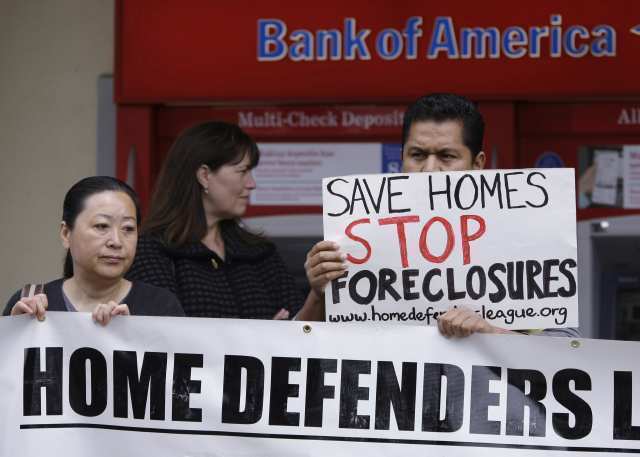
As a consumer bank, BofA won few friends when it tried to charge customers $5 a month for using their debit cards for purchases, causing hundreds of thousands of clients to switch accounts. But there were more faux pas to come, including the bank’s decision to sever some small-business credit lines and then demand that customers switch from making monthly payments to one-time payoffs. On the mortgage side of its business, Bank of America was accused of false foreclosures, improper property seizures, robo-signing and other unsavory practices. All this during a year when Chief Executive Brian Moynihan’s pay quadrupled, the company’s stock plunged 58% and plans to lay off 30,000 employees were announced. (Paul Sakuma / Associated Press)
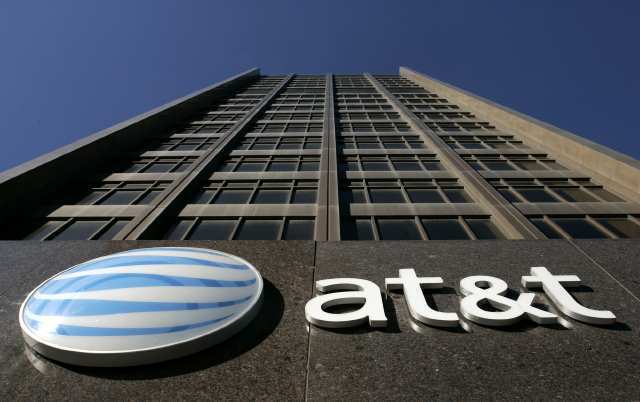
The telecommunications company tried to leapfrog competitor Verizon by buying T-Mobile for $39 billion, only to be stymied by the Department of Justice, the Federal Communications Commission and consumers. Critics of the deal claimed it would have created a less competitive wireless industry and hiked prices. For its trouble, the company is expected to shell out a breakup fee of at least $4 billion to T-Mobile. (Paul Sancya / Associated Press)
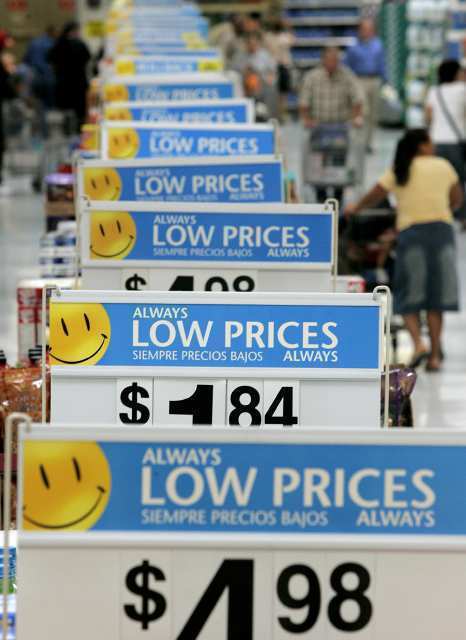
Often the knee-jerk, go-to brand name to throw out when one needs to reference a big, bad retailer, according to Consumerist. The company regularly runs afoul of environmentalists, small-business advocates and its own employees. Locally, the largest retailer in the world is attempting to build a store in Chinatown -- plans that are being vigorously opposed by a local nonprofit group. (Jae C. Hong / Associated Press)
Advertisement
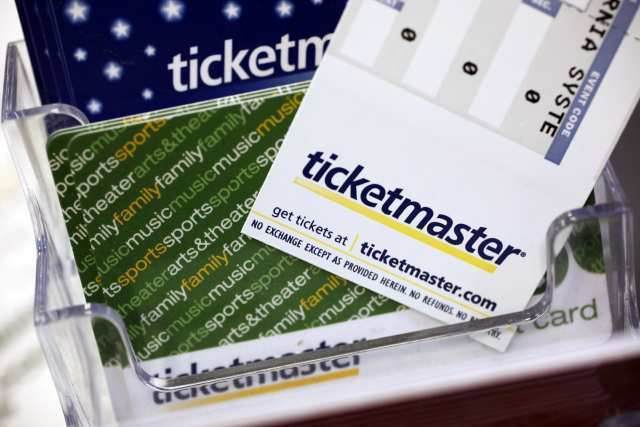
The Beverly Hills ticketing company, which charges significant fees to process online orders, is a perennial target of consumer hatred. This year, the seller launched an online store on Facebook to try to tap into an even wider customer base. In 2010, it wedded itself to concert promoter LiveNation, sparking antitrust concerns in the same year regulators accused the company of selling phantom Bruce Springsteen tickets it didn’t actually have. “People want to eat my kids, they’re so angry,” its chief executive said in November. (Paul Sakuma / Associated Press)
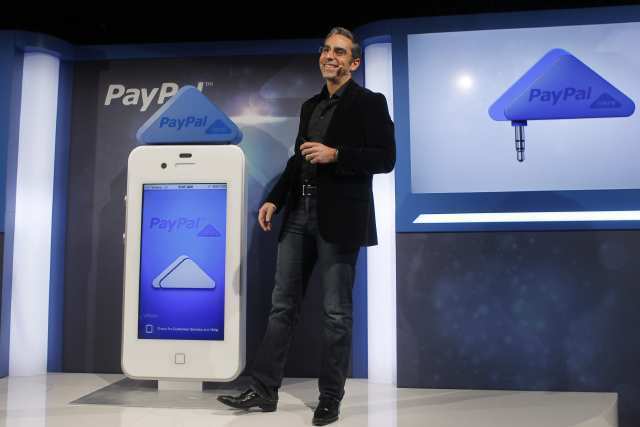
The San Jose-based online payment service has inspired a slew of hate sites, which feature horror stories of frozen accounts, unauthorized withdrawals, unfriendly customer service and other unpleasant experiences. (Kim White / Associated Press)
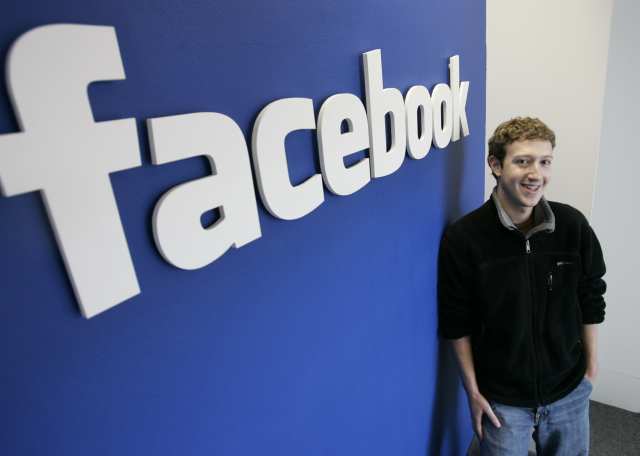
There’s so much drama for this Menlo Park social networking giant, led by Mark Zuckerberg, above, that there’s a Wikipedia page dedicated to Facebook criticism. Many users were confused by the new Timeline profile format revealed in September. After months of will-they-or-won’t-they speculation about the company’s IPO, Facebook continues to move cautiously toward a projected May offering. Other controversies this year involved user-created pages about rape, companies ordering job applicants to divulge their Facebook passwords, the eco-friendliness of its data centers and more. (Paul Sakuma / Associated Press)
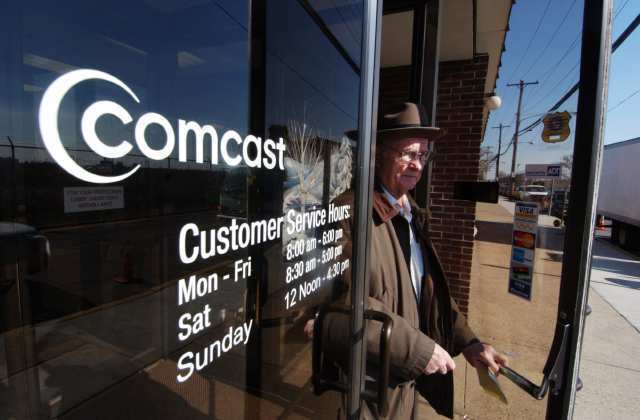
This cable company won the dubious Worst Company honor in 2010 due to its “horrendous service, exorbitant costs, throttled Internet.” This year, its shared property NBCUniversal (General Electric Co. is a co-owner) isn’t doing too well, but Comcast’s overall fourth-quarter earnings were up 26% to $1.29 billion. Recently, sensing some competition from Netflix, the company rolled out Xfinity Streampix, a subscription streaming service that’s free for Comcast customers. (Jacqueline Larma / Associated Press)







